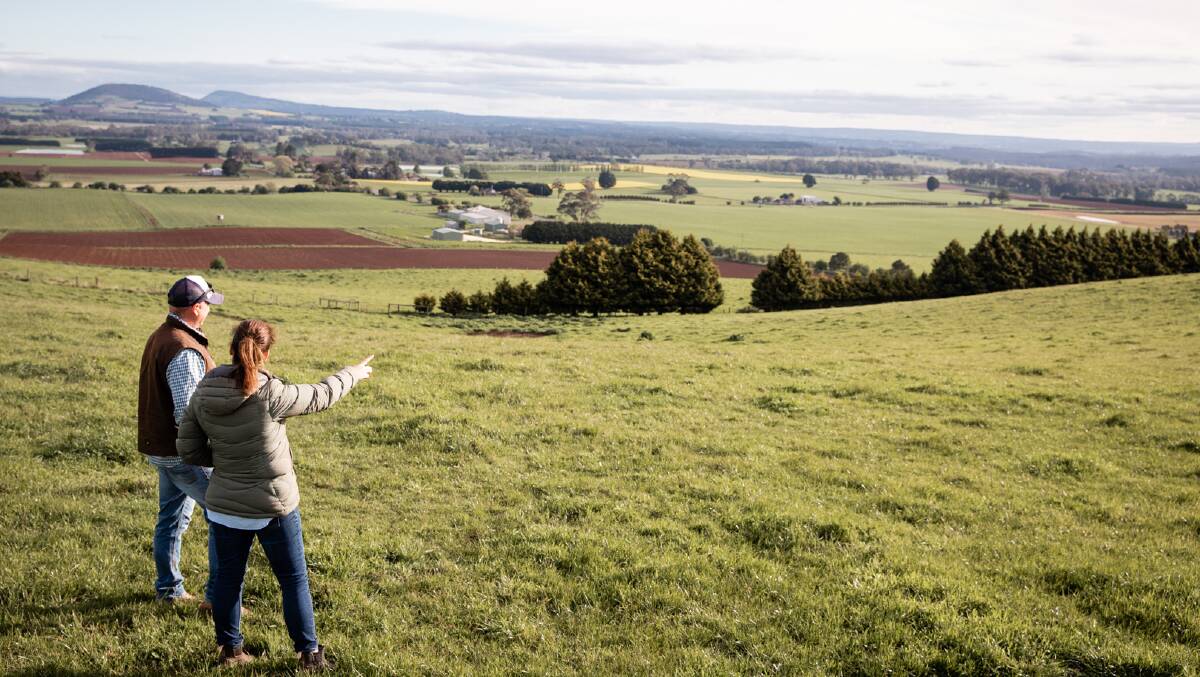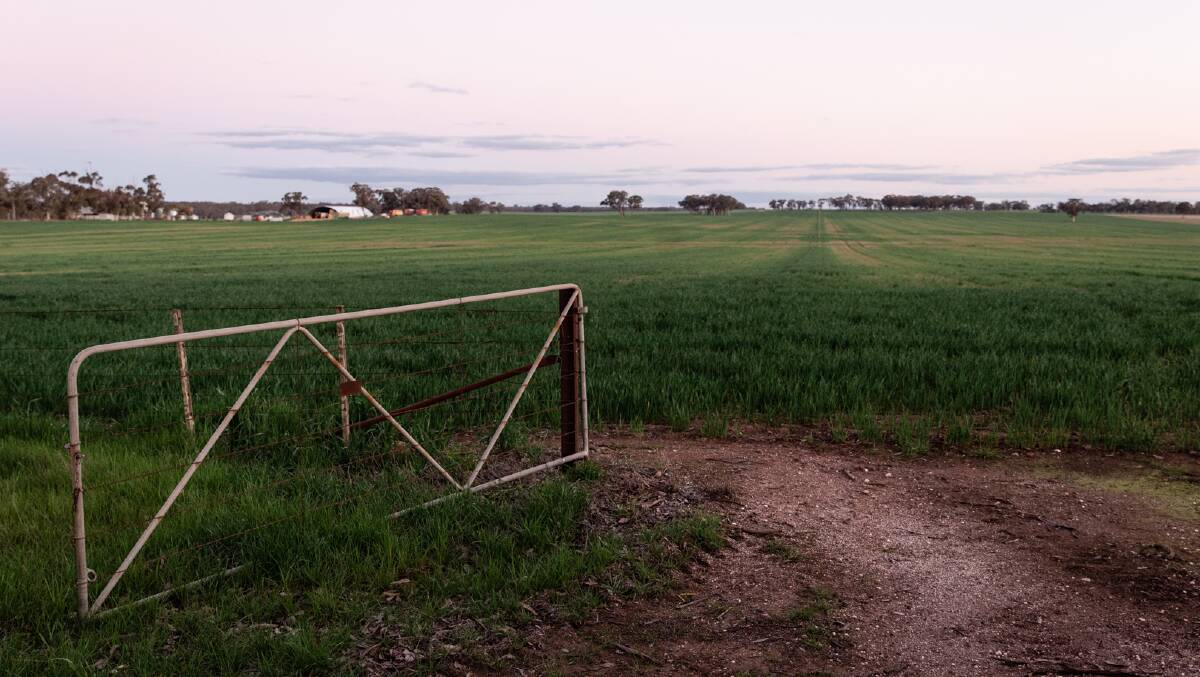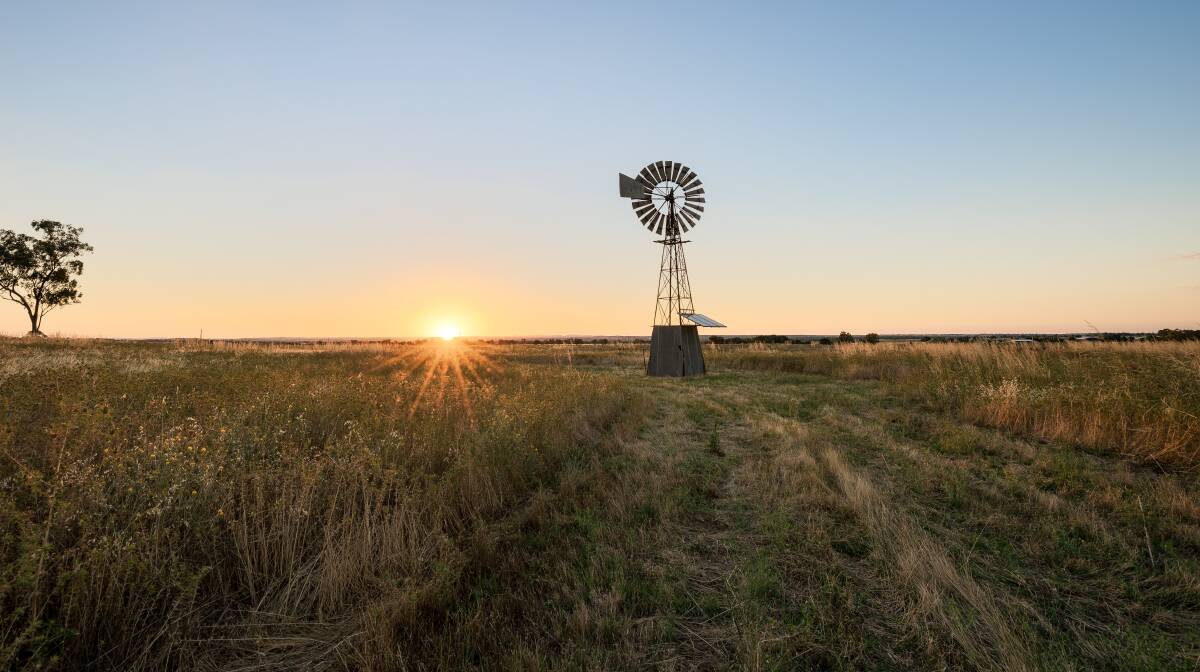Making our farmers safer starts with you

Story sponsored by Victorian Farmers Federation.
One of the cultural challenges that the agricultural industry needs to address in order to improve safety outcomes on farms, is to remind farmers that we have a legal duty for the safety of our employees, subcontractors and farm visitors.
Many farmers use expressions such as: "I think we do a good job on safety on our farm... but there is always room for improvement". The expression is often used by farmers with good intent but no real knowledge of what the OHS Act and Regulations require of them.
Victoria's OHS laws apply duties to both employers and self-employed persons. A self-employed farmer, with no employees, has a legal duty to ensure, so far as is reasonably practicable, that persons are not exposed to risks to their health or safety arising from the conduct of the undertaking of the self-employed person.
Self-employed farmers also become an employer when they engage subcontractors (e.g. shearing contractors) to work on their farms. Employers have the same duty towards subcontractors, and their employees, as they would have towards their own employees in relation to matters over which they have control. There are many safety issues that farmers do have a responsibility for when subcontractors come to work on their farms.
Another section of the Act that applies to farmers is the section that provides for duties of persons that manage or control a workplace. That section provides that a person who (whether as an owner or otherwise) has, to any extent, the management or control of a workplace must ensure so far as is reasonably practicable that the workplace and the means of entering and leaving it are safe and without risks to health.
Farmers also have a duty to ensure, so far as is reasonably practicable, that persons other than employees of the employer are not exposed to risks to their health or safety arising from the conduct of the undertaking of the employer. This duty extends to the public at large, visitors to the farm and also to immediate family members.

There would hardly be a farmer anywhere in Victoria that would not be captured as a duty holder under Victoria's OHS laws to some extent. It is crucial for all farmers to recognise how the law applies to them, even if they are self-employed.
With the offence of workplace manslaughter, the first hurdle for WorkSafe to jump will be to prove that a duty under the Act was owed, and breached. Proving this element of the workplace manslaughter provisions could entail any of the duties covered in this article.
Getting employees to sign documents acknowledging they have been told what to do to ensure safety, or to confirm that they have read a safety document, does not mean that an employer is covered in the event of a workplace accident.
Having a signed document does not shift responsibility away from the employer and the workers are not legally liable or responsible if something goes wrong.
Under OHS laws, employers have a duty to consult with employees about matters that affect their safety. Consultation requires employers to give employees the opportunity to:

- Express their views and taking those views into consideration.
- Create the opportunities for employees to be involved in determining how work is performed in a safe manner and to exchange ideas.
Getting employees involved in those conversations will create a good safety culture.
Telling employees what to do, or sending them a document, and then getting them to sign off is not consultation. Telling workers, for example, to ride a quad bike safely or to wear a helmet, will not satisfy legal expectations if the bike does not have an Operator Protective Device (OPD) or if the wearing of helmets is not actually enforced.
Farmers are recommended to record these conversations in the form of a toolbox meeting template, listing the items discussed and the names of the workers present (signatures optional), and provide evidence that demonstrates that the employer has met their OHS duty to consult. Those records will demonstrate compliance.
The Making Our Farm Safer Team are passionate about helping farmers to understand how the law applies to them and providing practical advice and resources to help farmers to not only protect their employees, and others, but also themselves.
To find out more, visit: https://www.vff.org.au/project/making-our-farms-safer/


